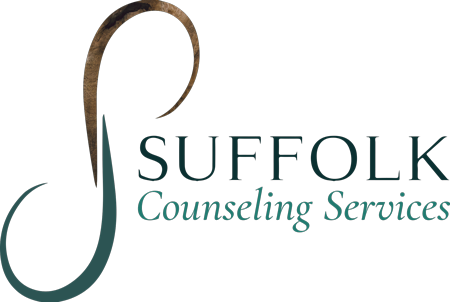Anxiety is a treatable mental health condition; however, the National Institute of Mental Health states that 80% of children with a diagnosable anxiety disorder are not receiving professional treatment.
All children go through phases and unfortunately, anxiety is a normal part of growing up. While some children may rarely show symptoms of anxiety, others may experience anxiety for prolonged periods of time. And because around one in eight children has an anxiety disorder, it is important to know that your child is not alone in his or her experience.


